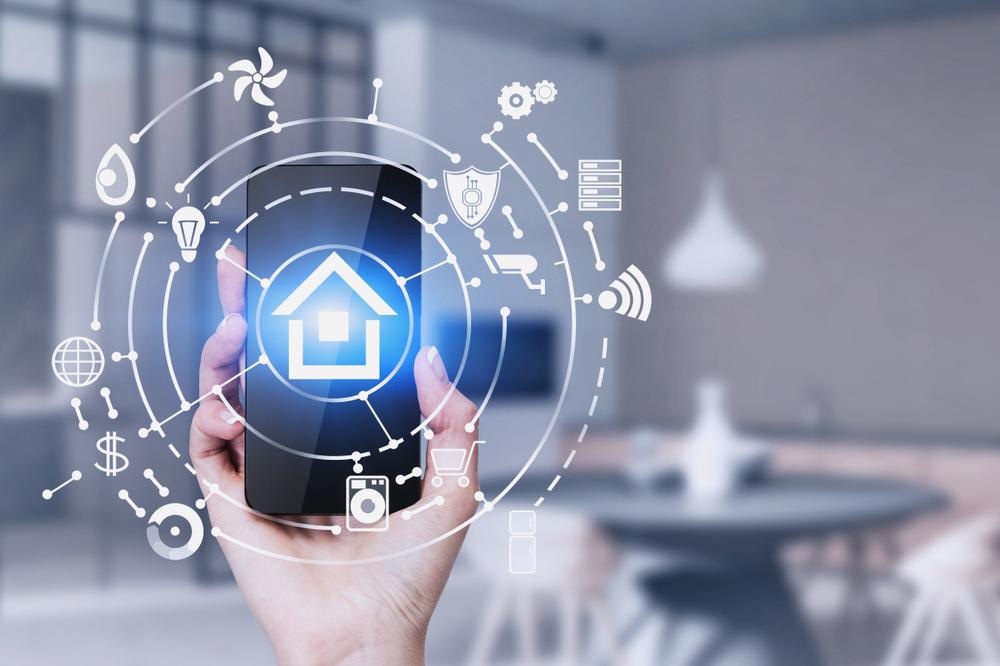In today's fast-paced world, the concept of a smart home is no longer a distant dream. With the advent of artificial intelligence (AI), the integration of technology into our living spaces has become more seamless and efficient. As homeowners and businesses explore the possibilities, it's fascinating to see how AI powers smart homes and transforms our daily lives.

The Rise of AI in Home Automation
AI has emerged as a cornerstone in modern home automation, offering unprecedented convenience and efficiency. The ability of AI to learn and adapt to user behavior is crucial in creating personalized experiences. With AI, smart homes can anticipate needs and make real-time adjustments, enhancing overall comfort and energy efficiency.
For instance, AI can manage home environments by adjusting lighting and temperature based on the time of day and occupancy. This not only improves comfort but also contributes to energy savings. Learn more about AI smart home energy savings.
Smart Home Devices: AI vs. Non-AI
When comparing AI-powered devices to their non-AI counterparts, the differences are significant. AI-enabled devices are capable of learning from user interactions, thereby improving their functionality over time. This capability sets them apart, allowing for more intuitive and responsive home environments.
For a deeper understanding of the differences, check out our article on AI vs. Non-AI smart home devices.
Personalization and Efficiency
One of the most compelling aspects of AI in smart homes is its ability to provide personalized experiences. AI algorithms analyze user behavior and preferences, enabling devices to predict needs and automate tasks accordingly. For homeowners, this means less manual intervention and more time to focus on other activities.
AI Voice Assistants: The Heart of Smart Homes
AI voice assistants like Alexa, Google Assistant, and Siri have become integral to smart home ecosystems. These assistants facilitate seamless interaction with smart devices, making it easier to control various aspects of the home with simple voice commands.
Voice assistants are continually evolving, offering more capabilities and integrating with a broader range of devices. Discover the impact of AI voice assistants in smart homes.
Enhancing Security and Surveillance
Security is a paramount concern for homeowners, and AI has made significant strides in this area. AI-powered surveillance systems provide advanced features like facial recognition, anomaly detection, and real-time alerts. These systems are smarter and more reliable than traditional security setups.
To ensure your smart home is secure, consider checking this smart home installation checklist.
AI's Role in Energy Management
Energy efficiency is a critical component of smart home technology. AI plays a vital role in optimizing energy consumption by learning usage patterns and suggesting changes to minimize waste. This not only reduces utility bills but also contributes to environmental sustainability.
For more insights on AI's role in energy management, explore our article on AI smart home energy savings.
Future Prospects of AI in Smart Homes
The future of AI in smart homes is promising. As technology advances, we can expect even more sophisticated systems that offer greater integration and functionality. AI will continue to play a pivotal role in shaping the smart homes of tomorrow, providing enhanced convenience, security, and efficiency.
Conclusion
The integration of AI into smart homes is revolutionizing the way we live. From personalization and efficiency to security and energy management, AI is at the forefront of transforming our living spaces. For homeowners and businesses alike, understanding how AI powers smart homes is essential to harnessing its full potential.

FAQs
Q: How does AI improve energy efficiency in smart homes?
A: AI optimizes energy consumption by learning usage patterns and suggesting changes to reduce waste, leading to lower utility bills and environmental benefits.
Q: Can AI-powered security systems really make a difference in home safety?
A: Yes, AI-powered security systems offer advanced features like facial recognition and real-time alerts, making them more reliable than traditional setups.
Q: What role do AI voice assistants play in smart homes?
A: AI voice assistants facilitate seamless interaction with smart devices, allowing for easy control of various home aspects through voice commands.

